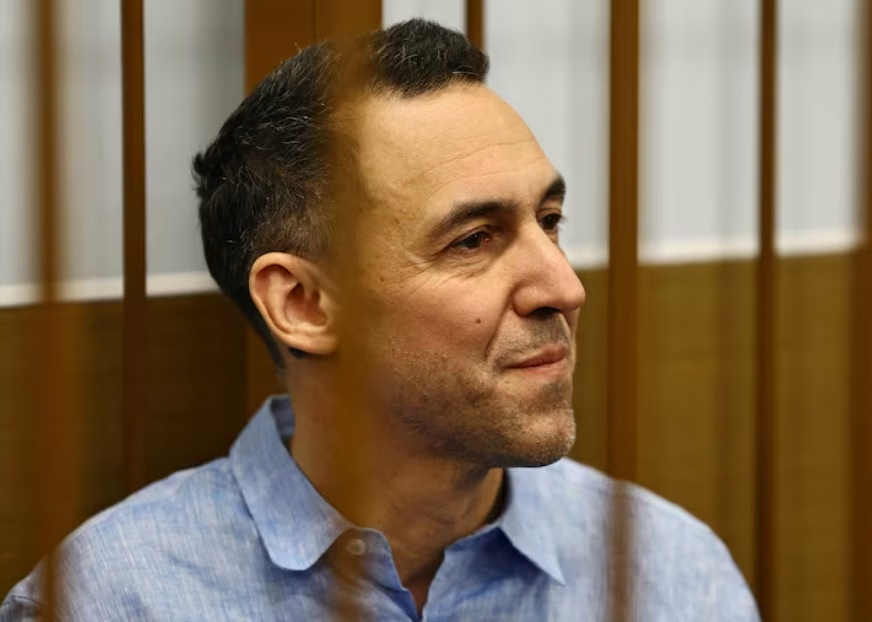A Russian state prosecutor has requested a three-year and three-month jail term for French researcher Laurent Vinatier, accused of violating Russia’s “foreign agent” laws. Vinatier, a renowned expert on the former Soviet Union, was arrested in June by the FSB security service. The charges against him include failing to register as a foreign agent while collecting military information valuable to foreign intelligence services.
Vinatier’s defense team has argued that the prosecutor’s request is too harsh and has asked the court to fine him instead of imprisoning him. Notably, the charge carries a prison term of up to five years, but Vinatier may receive a lighter sentence due to his guilty plea.
France has condemned Vinatier’s detention, calling it arbitrary and urging his release. Fellow academics describe Vinatier as a respected scholar engaged in legitimate research. French President Emmanuel Macron has denied any involvement between Vinatier and the French state, labeling his arrest as part of Moscow’s disinformation campaign.
Vinatier works for the Centre for Humanitarian Dialogue, a Swiss-based conflict mediation organization. The centre emphasized that its staff globally engage with various officials to advance efforts in preventing and resolving armed conflicts.
The FSB alleged that Vinatier used his contacts to gather military information detrimental to Russia’s security. Under Russian law, individuals receiving foreign support for political activities or military information collection must register as foreign agents.
Vinatier was excluded from a significant East-West prisoner swap on August 1. The incident has strained Russia-France relations, particularly after French authorities investigated Pavel Durov, Telegram’s Russian founder, for crimes like fraud and child pornography.
Durov’s lawyer dismissed the proceedings as absurd. This development highlights the complexities surrounding Vinatier’s case and its implications for international relations.
The case has sparked concern among academics and diplomats, underscoring tensions between Russia and Western nations. Vinatier’s fate remains uncertain as the court deliberates on his sentence.
In the midst of diplomatic tensions, Vinatier’s arrest has raised questions about research freedom and international cooperation. The outcome of his case will closely be watched by scholars, policymakers, and human rights advocates.
As the trial unfolds, attention will focus on Russia’s application of its “foreign agent” laws and potential implications for international research collaborations.


